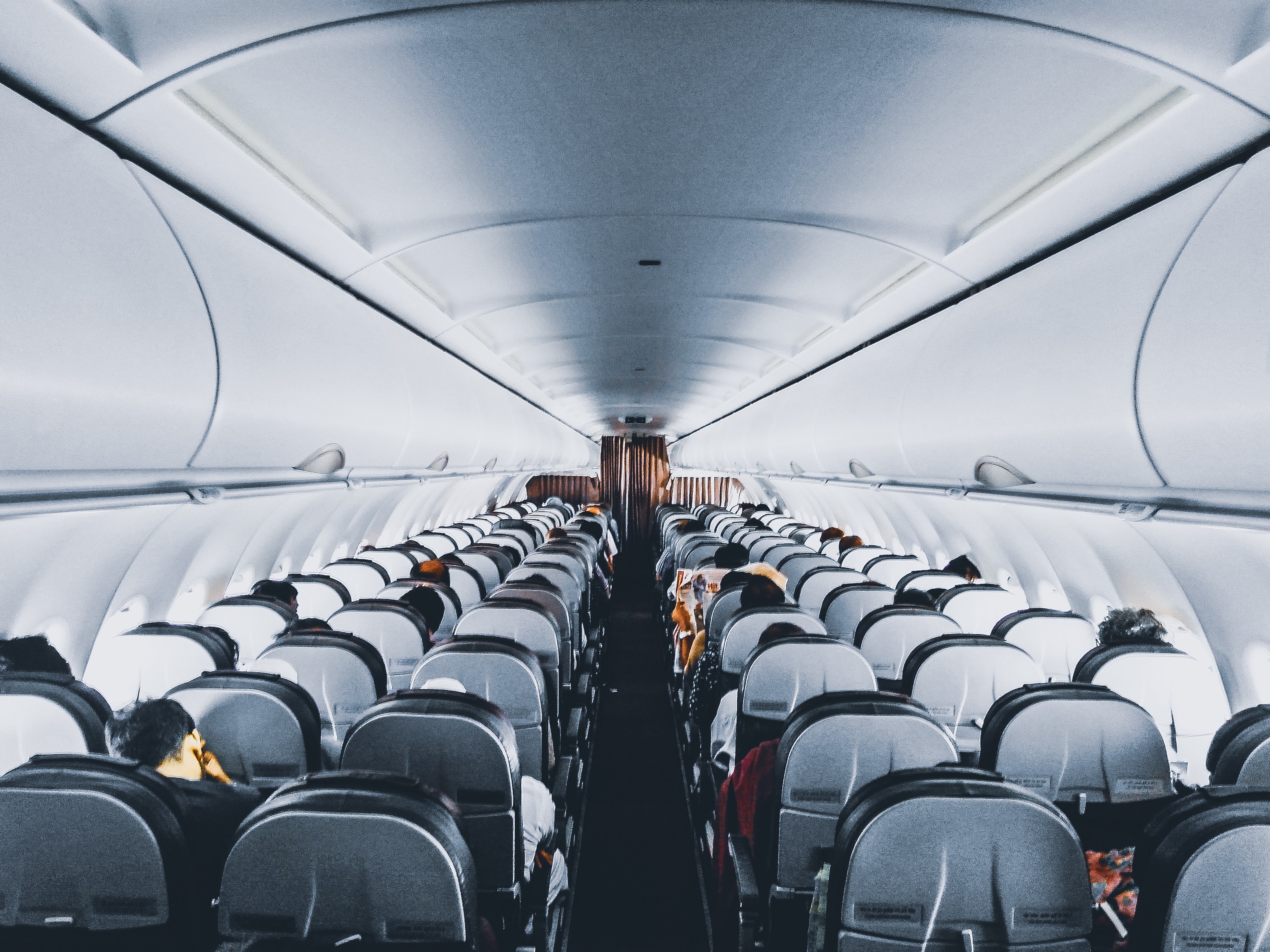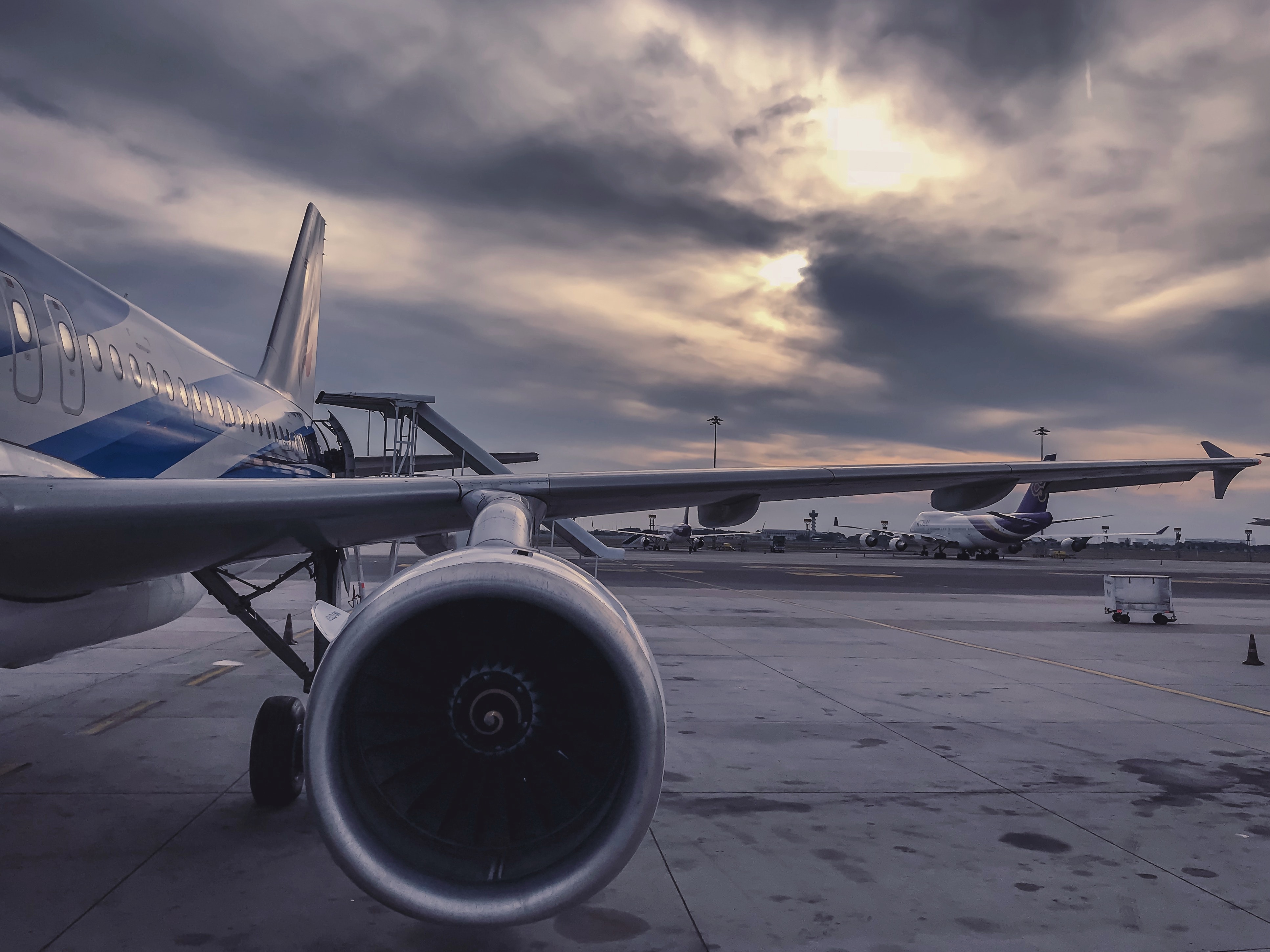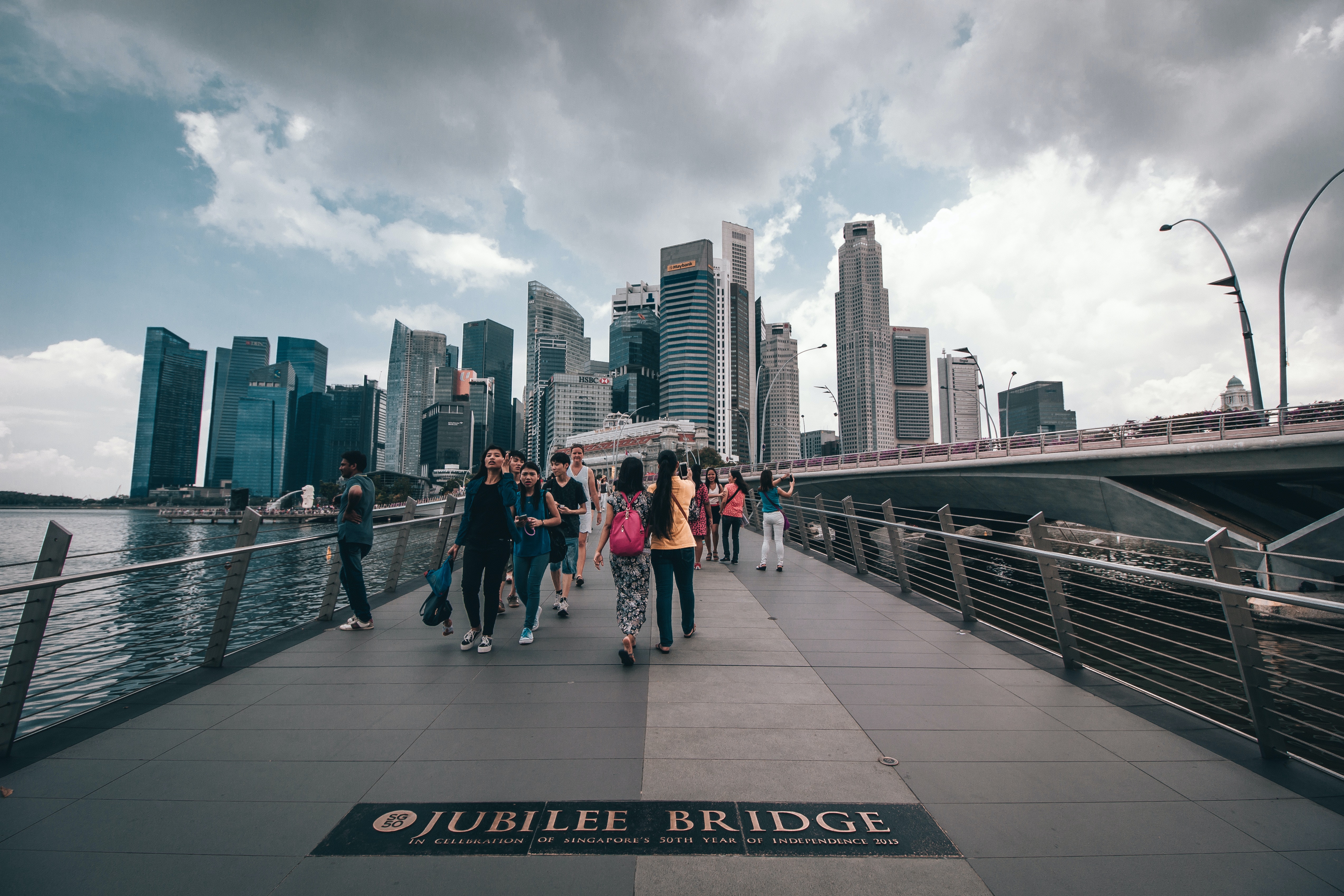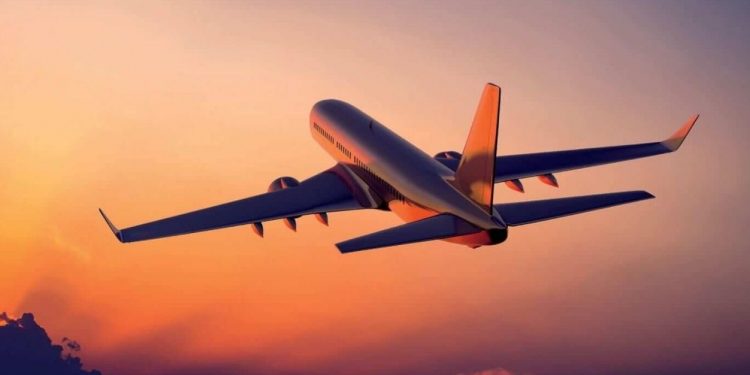Most of us have never seen airline prices like how they’re looking now. Flexible schedules and unbeatable discounts are just scratching the surface of how heavily airlines are looking to nudge travellers towards buying tickets. Dubai-based airline Emirates is even offering “generous rebooking terms”, allowing passengers to change their travel dates or extend the validity of their tickets for up to two years.
But research suggests that people aren’t going to be buying any tickets for some time to come, even with vaccinations rolling out across the world.
Here’s what you could get from airline discounts during COVID-19
Multiple airlines are offering discounts in order to recoup tremendous losses sustained during the pandemic. Singapore Airlines recorded a jaw-dropping record net loss of $3.47billion in the six months leading up to September 2020.

And in 2020, the International Civil Aviation Organization estimated that 2.6 billion fewer people took planes than in 2019, resulting in a gross loss of US$370 billion in gross passenger operating revenues. So it’s no wonder these discounts are so generous. By offering attractive fares to passengers, airlines are also working to rebuild their market share.
“It varies from airline to airline but many are offering steep discounts amidst the worsening flying environment to get some revenue,” said Shukor Yusof, leader of aviation consultancy Endau Analytics.
Turkish Airlines is offering a 40 per cent price slash on all of its ticket types for international flights. Other airlines such as China Airlines are selling travel passes that allow you to fly unlimitedly, for a fixed price. That’s like getting a FastPass at a Disney theme park, but only, with much larger financial returns.
“It would be very difficult for airlines to increase fares for fall travel and still maintain the small volume of passengers they do have flying,” said Dean Headley, co-author of Airline Quality Rating, and emeritus professor at W. Frank Barton School of Business at Wichita State University, in an interview with CNBC last September.
“Price is still a big factor in choosing to fly. It certainly is not the primary concern at present, but it will never be far behind.”
And while these prices may seem attractive enough, the vacations of our lives are barely on the horizon. Predictions say that most people aren’t going to be moving.
Travelling and vaccines
The new rollout of vaccines may offer some hope for people who need to travel, whether for work, to meet their families, or for a direly needed vacation. However, according to senior tourism lecturer Dr Michael Chiam, it is expected that most travellers will adopt a wait-and-see approach until the pandemic comes to settle.

“It is unlikely that world tourism will see a resurgence this year as travel restrictions are still very much in place around the world and it is unlikely to see these restrictions being lifted in the next six months,” he said.
“In order for the world to be declared safe, a large majority of people around the world will have to be vaccinated and that may take a few years.”
A Bloomberg report estimates that more than 68 million doses of the COVID-19 vaccine have been given out worldwide, as of 26 January 2021. In Singapore, the Ministry of Health said in an update on 28 January that more than 113,000 people have received the first dose of the COVID-19 vaccine. More than 50 people have completed their vaccine regime, after receiving their second dose.
But for the most part, it seems like those of us ‘stuck’ in Singapore are getting the better end of the stick, with relaxed COVID-19 regulations.
Singapore is the most livable city in the world
This is Singapore’s 15th year in a row retaining its top spot as the most liveable city in the world for East Asian expatriates. These results are from a recent study by human resource consultancy ECA International, which measures living conditions in more than 490 world locations.

According to Mr Lee Quane, ECA International’s regional director of Asia, “Singapore is top of the liveability rankings for the 15th year in a row as its superior infrastructure, low pollution and large expatriate communities continue to appeal to overseas workers.”
“Moreover, while Singapore imposed a ‘circuit breaker’ to manage the outbreak of Covid-19 within its borders in 2020, the scale of its lockdown was less severe than other locations in the region.”
The second ranking went to New Zealand, while Japanese cities Nagoya, Osaka, and Tokyo tied for third place. Hong Kong rose the ranks from 93rd place last year to 58th most liveable location in the world.
While we wait for international borders to open up and for the world to recover from COVID-19, perhaps we can take solace in the privilege of relaxed pandemic restrictions and Singapore’s charming heartlands. Just make sure not to shout “Huat Ah!” too loudly when you’re gathering for Chinese New Year. Maybe, consider some pre-recorded shouting?
Join the conversations on THG’s Facebook and Instagram, and get the latest updates via Telegram.














